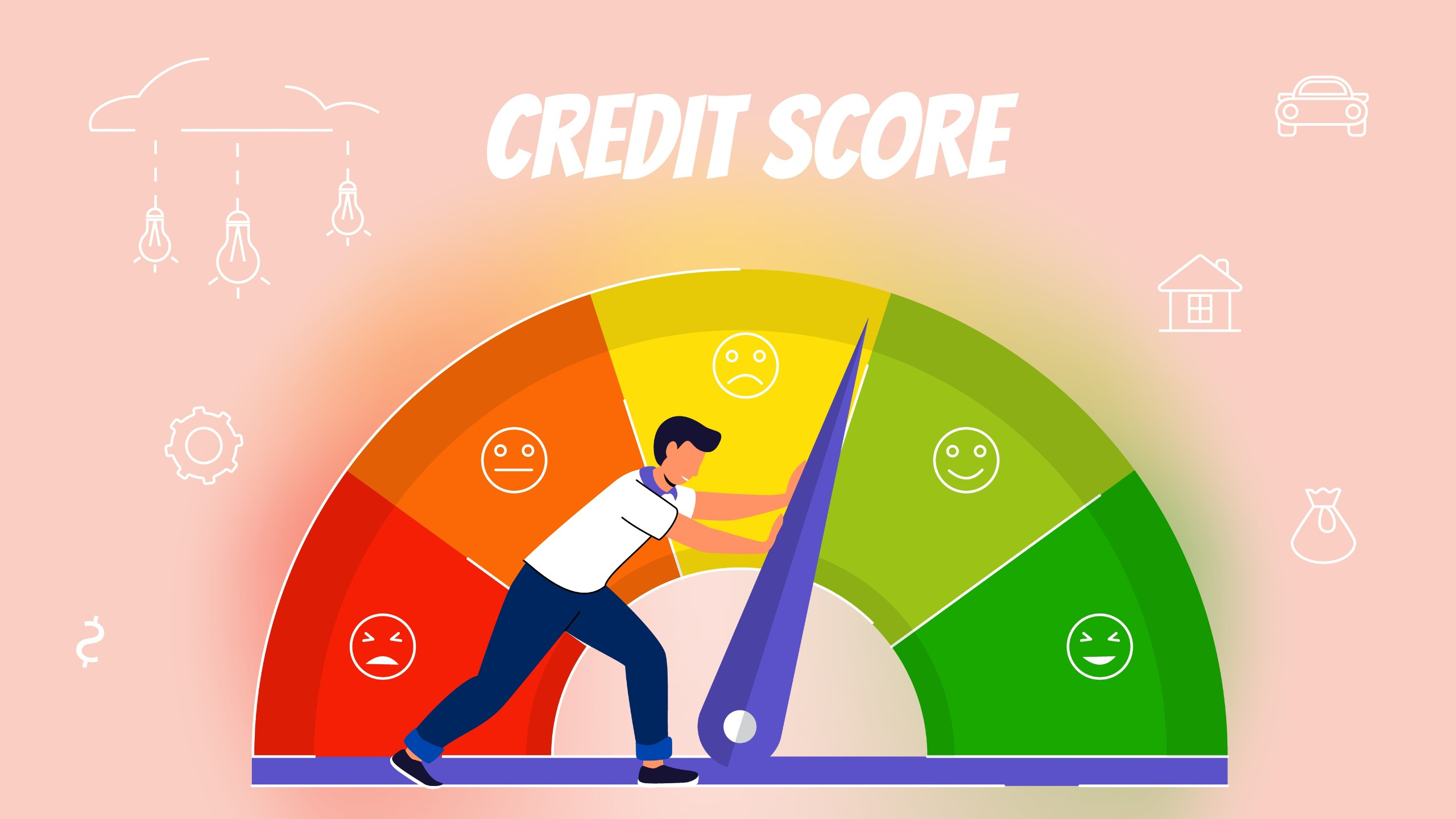Understanding how to enhance your credit rating is essential for financial stability. The reflection of your financial habits in your credit score often determines your eligibility for loans, mortgages, or even rental agreements.
This post provides you with expert advice on elevating your creditworthiness, thereby preparing you for a more secure financial future.
Key Principles Behind Creditworthiness
Before diving into strategies to boost your credit rating, it’s vital to grasp the fundamental principles that constitute your credit score. Mainly, it considers your payment history, debt-to-credit ratio, length of credit history, new credit accounts, and types of credit used.
Improving your score essentially means aligning your financial behavior with these metrics.
Regular monitoring of your credit report is also crucial, as it allows you to correct errors that might be affecting your score negatively.
Always Pay On Time
One of the most effective steps to improve your credit score is ensuring timely payments of your bills. Late payments can severely impact your score, as your payment history contributes significantly to its calculation.
Setting up automatic payments or creating calendar reminders can help you stay on top of your bills.
Even if you have had missteps in the past, establishing a consistent pattern of timely payments will start to positively affect your score.
Lower Your Credit Utilization Ratio
Maintaining a low balance on your credit cards relative to your credit limit can significantly improve your credit score. This rule of thumb is referred to as your credit utilization ratio, and it’s recommended to keep it below 30%.
Paying down existing balances and avoiding maxing out credit cards are practical steps towards achieving a lower ratio.
Requesting a higher credit limit might also help, but only if this does not tempt you to increase your spending.
Reducing your credit utilization reflects positively on your financial responsibility and can enhance your credit rating.
Limit New Credit Applications
Each time you apply for credit, a hard inquiry is performed, which can slightly lower your credit score. Thus, limit the number of new credit applications.
When shopping for a loan, try to do so within a short period. This is often treated as a single inquiry, minimizing the impact on your score.
Being selective about credit applications shows lenders that you are not desperately seeking credit, which in turn benefits your credit score.
Mix It Up
Having a mix of different types of credit (like installment loans, credit cards, and retail accounts) can benefit your score, as it shows you can manage various types of credit responsibly.
However, don’t open new accounts simply to improve your credit mix—only do so if it makes financial sense.
Address Delinquencies and Collections
Outstanding debts in collection can severely drag down your credit score. Negotiating with creditors to pay off these debts can significantly improve your score. In some cases, you may be able to negotiate a settlement for less than the full amount owed.
Staying proactive about resolving delinquencies shows a responsible approach towards handling your finances, which is pivotal in improving your credit score.
Benefit from Professional Advice
Consider consulting with a financial advisor or credit counselor to develop a personalized plan to improve your credit score. They can offer insights and strategies you may not have considered.
Professional guidance can be especially helpful if you’re dealing with complicated financial situations or need help devising a budget to manage debts more effectively.
Consistency Is Key
Improvement in your credit score doesn’t happen overnight. It requires consistent effort and commitment towards managing your finances prudently.
Stay patient and persistent. Even small improvements can make a big difference over time.
Regularly check your credit score to track your progress and keep motivated.
Improving your credit score is a crucial step towards financial freedom. By adopting these strategies, you not only boost your creditworthiness but also enhance your overall financial health. Remember, the journey to a better credit score begins with a single step—make that step today.


